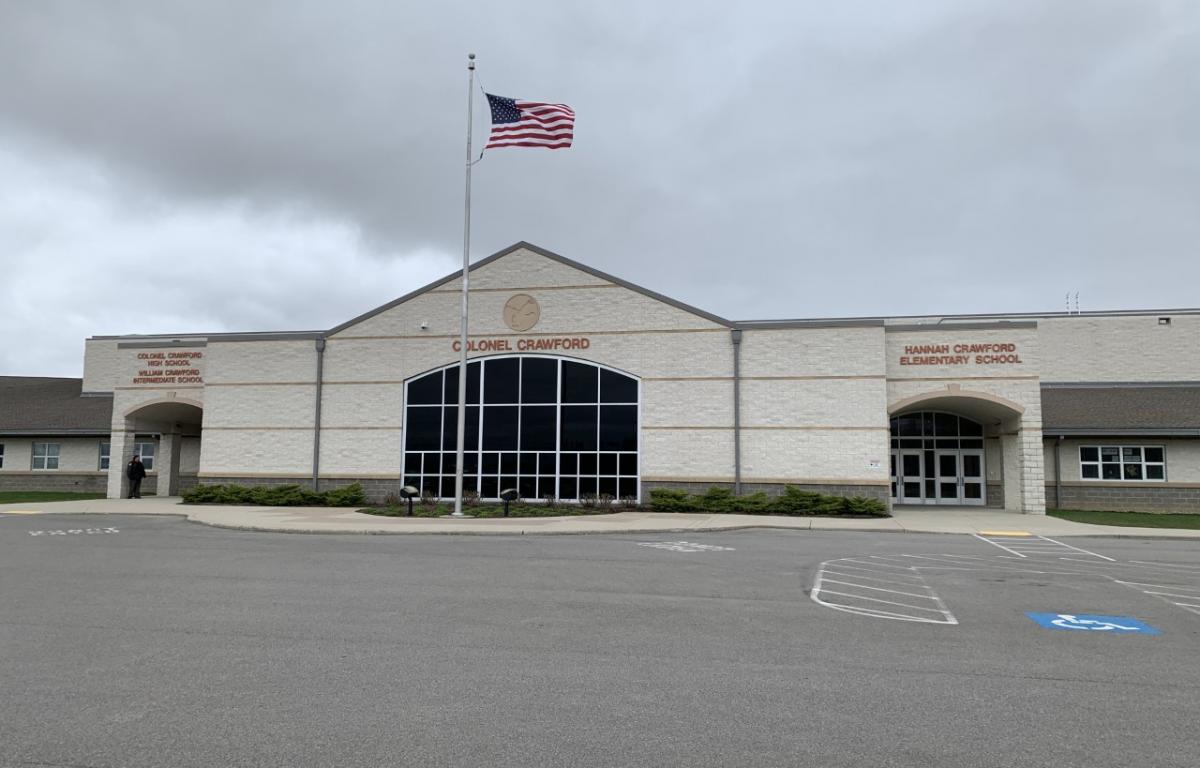NORTH ROBINSON — On Wednesday morning, Crawford County school administrators met at Colonel Crawford High School to attend an exercise put on by Crawford County Public Health.
“We had a lot of discussion on what we are going to communicate to the parents, and what safety procedures we all have in place in order to keep kids safe moving forward into the school reopening,” Colonel Crawford superintendent Todd Martin said. “I think that one big takeaway that people need to understand that the health department pushed is that you’re going to have a positive case here and there, and it’s inevitable. Parents need to realize that the health department will be contacted and they will do all the tracing, and unless they [parents] get a phone call from the health department saying that their child was exposed and needs to be quarantined, they don’t need to worry because the safeguards we have in place should protect our children.”
During the exercise led by Blythe Buurma, the Emergency Preparedness Coordinator for CCPH, those in attendance were reminded of COVID-19 symptoms, when individuals who have had COVID symptoms can return to school and were given 10 scenarios on dealing with the virus.
The different scenarios included a student presenting symptoms on school grounds, a teacher testing positive for the virus after a break, an elementary student with symptoms, the school being notified of a student testing positive, visitors to the school have been exposed to the virus, the school nurse has symptoms, a student athlete tests positive, a teacher’s child tests positive, a coach’s child was in close contact with someone who tested positive, and a food service employee being in close contact with someone who tested positive.
Those in attendance were to figure out what steps to take to deal with the situation at hand, and how to handle things moving forward.
“I think it went very well. I think they’ve talked about this so much since March that they were very well prepared for a lot of the scenarios given,” Buurma said. “There were only a few little hiccups that we were able to identify, and they were able to make recommendations or policy changes as to how they would handle it.
“Many people think that if they walk away from a tabletop exercise with questions, that they failed, but that is actually how you know that it was a success — if you have more questions than answers,” Buurma added. “You are supposed to find, look for and seek out weak areas that your existing policies don’t cover like they thought they did. It was great that they were able to find those spots and suggest changes.”


